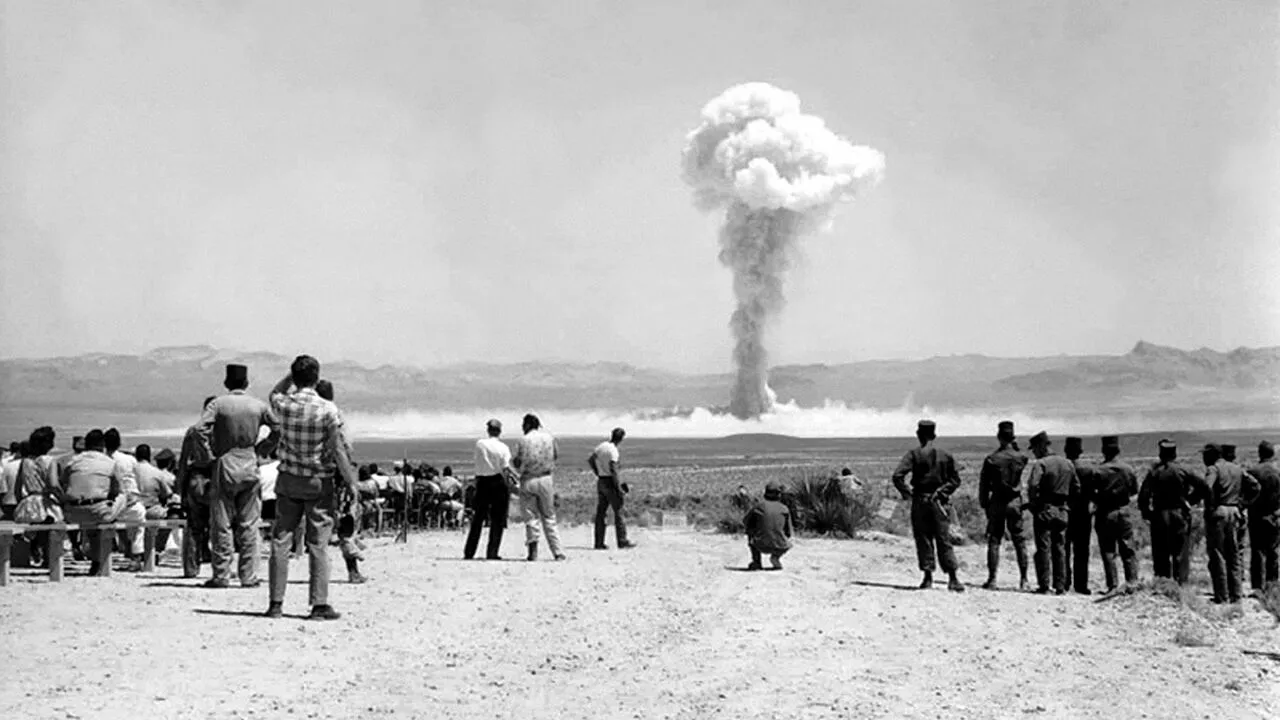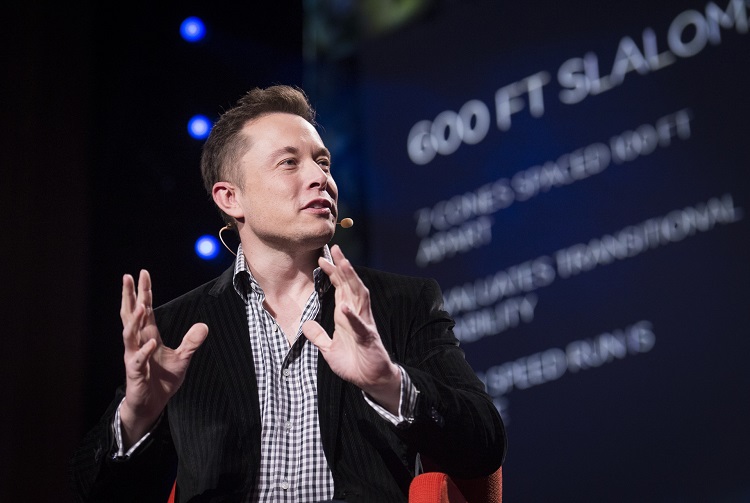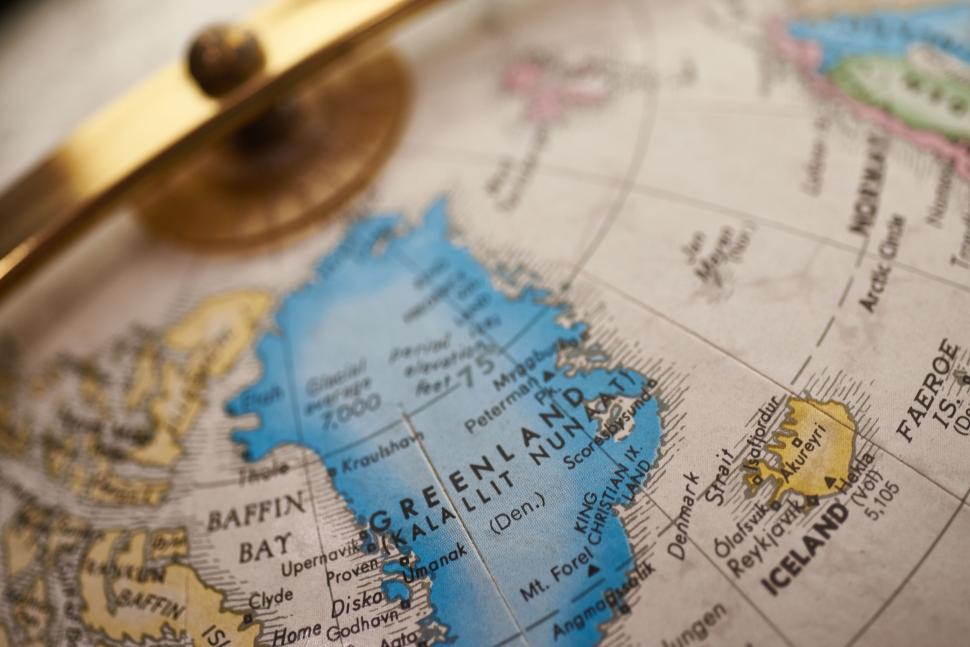Amid heightened geopolitical uncertainty and tumult, Paul Tucker draws on International Relations theory, political economy, tangible examples, and his own rich experience to provide a much-needed set of concrete prescriptions that could help liberal democracies weather the maelstrom successfully.
In Global Discord: Values and Power in a Fractured World Order author Paul Tucker attempts to thread a very delicate needle, essential for the current shifting geopolitical sands; is it possible for liberal—principally capitalist-democracies to engage with illiberal—oftentimes assertive and revisionist—states without compromising their core economic, social, and political values? If so, what should be the rules and principles undergirding this engagement if democracies are to retain their liberal identity?
The decision by the Biden administration to continue, and in certain respects expand, the geopolitical contest with China, was couched not merely in economic terms but clear national security concerns. The formulation of a “small yard with a high fence” by Biden’s National Security Advisor Jake Sullivan encompassed four sets of economic restrictions, five industrial bases, and ten general technologies and/or products. For many who hoped that the Trump tenure was just a departure from an otherwise pro-globalisation United States, the restrictions announced by Sullivan seemed to run counter to long held and seemingly well-established American values regarding liberalism, trade, and openness. Understandably, China looms large throughout the book as the most pressing antagonist for the West. With Donald Trump’s return to the US presidency and a Cabinet openly hostile towards Beijing, this shift towards protectionism will most likely persist. However, as the author underscores, severe threats like global warming, pandemics, and the proliferation of weapons of mass destruction on the one hand, and monetary and financial order on the other, necessitate global cooperation. Thus, an all-out confrontational relationship with China is not necessarily the most sensible choice.
A very ambitious book, Global Discord brings together ideas and insights derived from International Relations, political theory, international political economy and international law and ultimately attempts to nudge the audience to cultivate and subsequently apply a long-term granular thinking to geopolitics. The timing of the book’s publication elevates its salience. The re-introduction of Donald Trump into the US presidency comes at a point when several established liberal democracies, from the UK and Germany to Sweden and France, are experiencing a prolonged series of discontents against the status quo which has evidently empowered electorally illiberal political forces. The very legitimacy of the system that engendered the order and the system of the last 75 years is being attacked from within.
It is also difficult not to read—and review—this book in the temporal and geopolitical context of 2025. In many respects, the author puts forward a series of prescient and pressing arguments revolving around the pitfalls of short-sightedness. The overly optimistic liberal institutionalists, who believed that increased interaction and engagement with illiberal states—such as Russia and China—would inevitably make them more amenable to liberalism, came to see interdependencies turn into pressure-points used against them. Another is the imprudence influencing Western liberal attitude vis-a-vis international institutions and international law, only to realise they no longer possess unilateral control over the same institutions they created. How are liberal states to engage then?
While the author argues that there are no simple solutions, he nonetheless goes to great lengths in the Appendix to delineate a set of principles—“Principles for constitutional democracies participating and delegating in international system”—for how the West should move forward into this century without downplaying either the inherent value of living in a liberal constitutional democracy or the pronounced incongruities between liberal and illiberal states.
Altogether, there are several things to really like about this book, including some of the core object lessons the author intends to impart to the reader. Despite its length, and the multiplicity of issues it engages with, the book is cautious and avoids the alarmism of inevitable conflict too often found in contemporary commentary. Though the book recognises that the system constructed and nurtured—despite its flaws—by Western liberal states, and especially the US—is under enormous strain and currently undergoing change, its eventual configuration is not set in stone. In particular, the book offers four potential scenarios for where the system may end up; i) Lingering Status Quo; ii) Superpower Struggle, iii) New Cold War, iv) and Reshaped World Order.
Furthermore, the book situates legitimacy very close to the centre of the formula for liberal democratic resilience and longevity. This prescription also extends to key institutions which produce the type of system currently under strain. Specifically, the author calls for the reform of the International Monetary Fund, which has eroded its legitimacy over the years by deviating from its original mission of aiding countries experiencing financial hardship; the World Trade Organisation, which has weakened its standing by enabling judges to make trade-related decisions that impact states and their economies; and the Bank of International Settlements that continues to afford beneficial access to the most powerful players in global finance. If the international economic system is to regain its legitimacy—and with that, its robustness—then the institutions that make-up this system ought to: i) be underpinned by a set of common values shared among the members, and ii) be far more responsive to the priorities of these members. Lastly, and as the author articulates in the preface of the book, if constitutional democracies are to maintain the features which personify their political life, then: a) the resilience of core systems should be strengthened, b) leaders and states should foster and buttress existing friendships, c) and most importantly, mistakes, especially unforced ones, must be avoided.
Returning to the timeliness of the book, many of its insights—and claims—will no doubt be put to the test in due course. Donald Trump’s re-election last November may portend further stresses on an already brittle Western System and its associated order (to use the author’s vernacular). Pronouncements made by the incoming president actually clash with the author’s most significant prescriptions as Trump has already threatened to impose tariffs on Mexico and China and geostrategic allies like Canada (the top 3 US trading partners), US withdrawal from central nodes of the system like the World Health Organisation, and the decision to sanction institutions bequeathed with maintaining and safeguarding international law, like the International Criminal Court.
Overall, an important read for an uncertain time.
This is a review of Paul Tucker’s Global Discord: Values and Power in a Fractured World Order (Princeton University Press, 2024). ISBN: 9780691229317.
Dr George Nikolaidis is an analyst and researcher who holds a PhD in International Political Economy from Monash University Australia.
This review is published under a Creative Commons License and may be republished with attribution.




